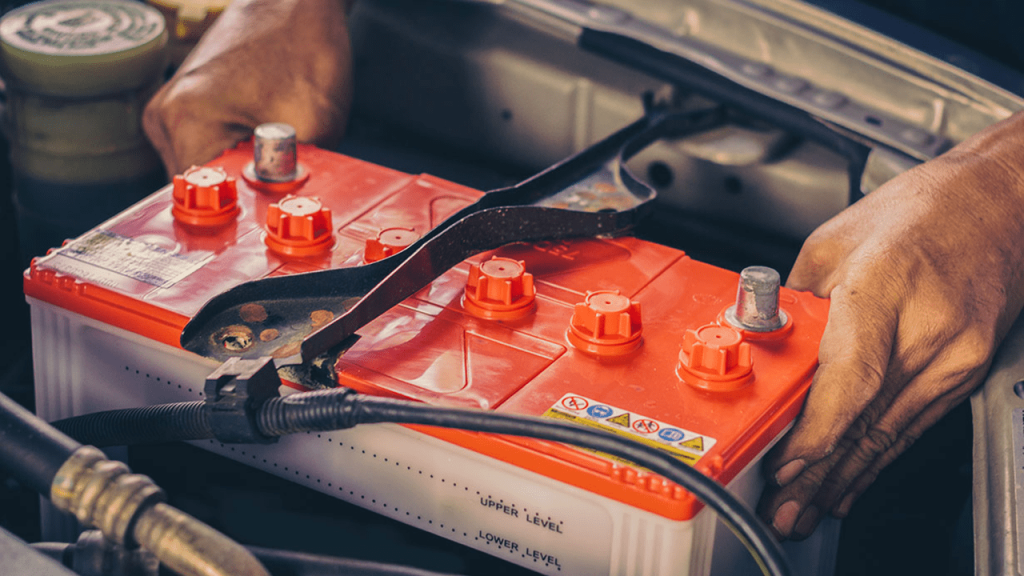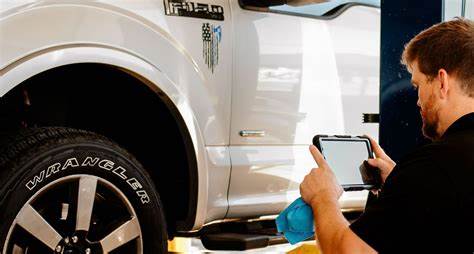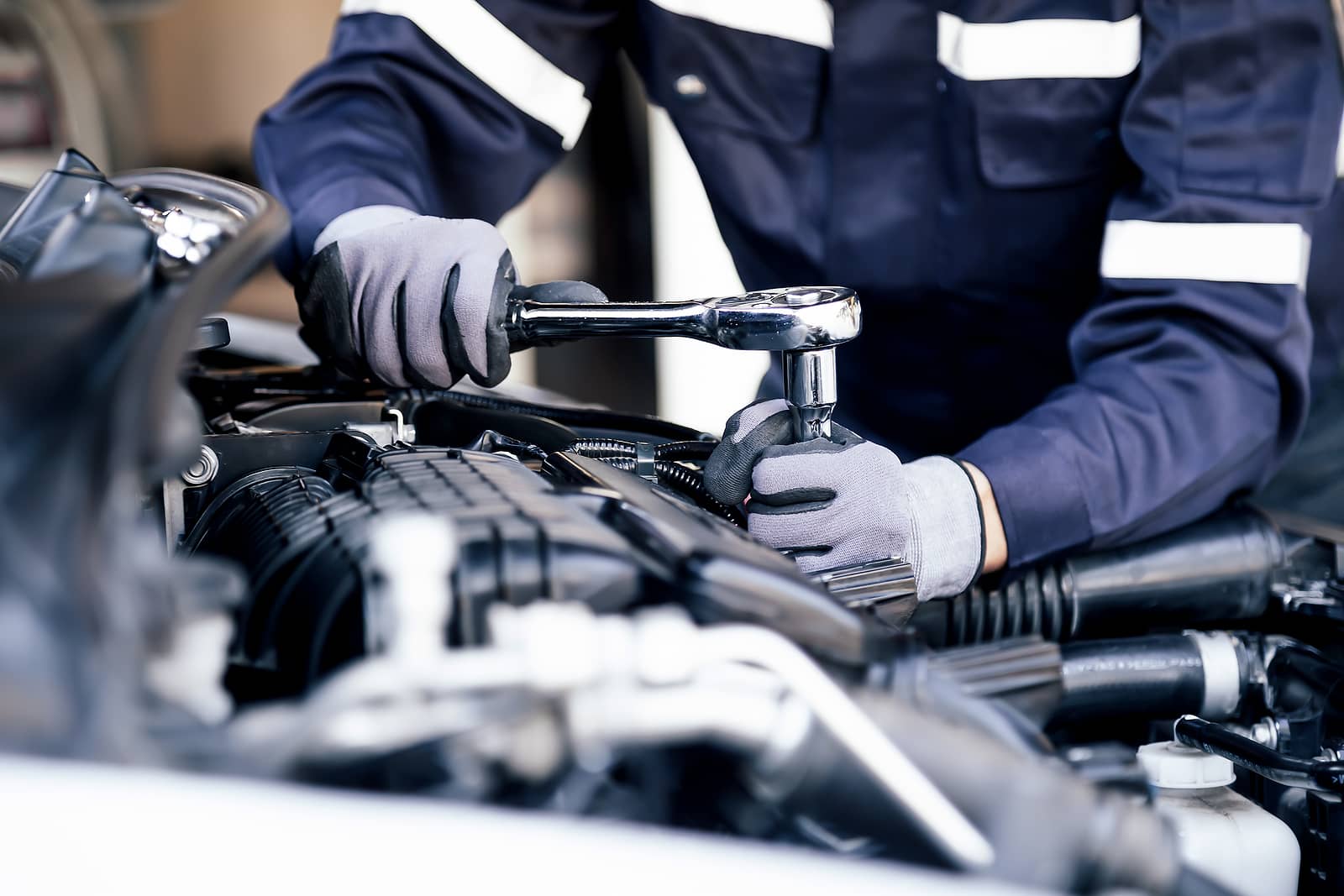Regular car maintenance is an essential practice for any vehicle owner who wants to ensure longevity, reliability, and optimal performance. Just like our bodies need regular check-ups to stay healthy, your car also needs attention and care to keep running smoothly. A well-maintained car is not only safer, but it also performs better, consumes less fuel, and has a much higher resale value. By taking proactive steps to maintain your car, you can avoid expensive repairs and extend the lifespan of your vehicle for many years to come. This article delves into why regular maintenance is crucial, covering everything from oil changes to tire care and more.
1. Oil Changes: The Heart of Your Engine’s Health
One of the most critical aspects of car maintenance is regular oil changes. The engine oil plays a crucial role in keeping the engine components lubricated, reducing friction, and preventing overheating. Over time, oil breaks down and becomes contaminated with dirt and debris, losing its ability to protect the engine.

Changing the oil at the manufacturer-recommended intervals ensures that your engine operates smoothly and efficiently. Failure to replace old oil can result in poor engine performance, increased fuel consumption, and even engine damage. Regular oil changes are a simple yet highly effective way to extend the lifespan of your car’s engine and prevent costly repairs down the road.
2. Tire Maintenance: Ensuring Safety and Performance
Tires are the only part of your car that come into direct contact with the road, making tire maintenance essential for both safety and performance. Proper tire inflation is key to maintaining even tire wear and improving fuel efficiency. Under-inflated tires increase rolling resistance, causing the engine to work harder, while over-inflated tires can lead to a bumpy ride and increased risk of a blowout.
Rotating your tires regularly helps ensure even wear across all four tires, while balancing and aligning the wheels can improve handling and prevent uneven tire wear. By maintaining your tires, you not only extend their lifespan but also ensure better safety, fuel efficiency, and overall driving comfort.
3. Brake Inspections: Keeping Your Family Safe
Brakes are one of the most important safety features in any vehicle, and regular brake inspections are crucial to keeping your car safe on the road. Worn-out brake pads can result in reduced braking efficiency, increasing the risk of accidents. Over time, brake pads wear down from constant use, and if they are not replaced promptly, they can cause damage to the brake rotors, leading to more expensive repairs.
Regular brake checks allow you to catch issues before they become dangerous. Mechanics will inspect your brake pads, rotors, and brake fluid to ensure everything is functioning properly. Maintaining your brakes not only ensures your safety but also extends the lifespan of your braking system.
4. Fluid Checks: Keeping Your Car Running Smoothly
In addition to engine oil, your vehicle relies on a variety of fluids to keep it running smoothly, including transmission fluid, coolant, brake fluid, and power steering fluid. These fluids play an important role in lubricating, cooling, and enhancing the performance of various car components.
For example, coolant prevents the engine from overheating, while transmission fluid ensures smooth shifting between gears. Regularly checking and topping off these fluids can prevent breakdowns, reduce wear on parts, and enhance the overall performance of your vehicle. Flushing and replacing fluids according to the manufacturer’s schedule can also help prevent the build-up of debris and contaminants that could cause damage over time.
5. Battery Maintenance: Powering Your Vehicle
Your car’s battery is responsible for starting the engine and powering electrical systems. A well-maintained battery ensures that your vehicle starts reliably and functions properly. Over time, battery terminals can corrode, reducing the battery’s ability to charge effectively. Regularly checking the battery for corrosion and ensuring it is securely connected will prevent unexpected battery failures.

If your battery is nearing the end of its lifespan, replacing it before it dies will save you the trouble of being stranded. Many modern vehicles have a battery management system that provides alerts when the battery is due for replacement. However, it’s always a good idea to have the battery tested periodically to avoid any surprises.
6. Air Filter Replacement: Enhancing Engine Efficiency
The air filter in your car ensures that clean air flows into the engine, promoting efficient combustion and optimizing performance. Over time, the air filter becomes clogged with dirt, dust, and debris, restricting airflow and causing the engine to work harder. This can result in reduced fuel efficiency, poor acceleration, and engine misfires.
Replacing the air filter at regular intervals can help improve fuel economy and engine performance. It also ensures that harmful particles do not enter the engine, reducing wear on internal components. A clean air filter is a simple yet effective way to maintain your car’s efficiency and longevity.
7. Timing Belt and Chain: Preventing Major Engine Damage
The timing belt or chain is responsible for synchronizing the movement of the engine’s camshaft and crankshaft. Over time, the timing belt can wear out and eventually snap, leading to severe engine damage. In many vehicles, the timing belt needs to be replaced every 60,000 to 100,000 miles, depending on the manufacturer’s recommendations.
Neglecting to replace a worn timing belt can result in catastrophic engine failure. If you’re unsure about when your timing belt was last replaced, consult your vehicle’s manual or ask a mechanic. Replacing the timing belt in a timely manner is one of the best ways to avoid costly engine repairs and extend the life of your car.
8. Suspension System: Ensuring Comfort and Stability
Your car’s suspension system is designed to absorb shocks from the road and ensure a smooth ride. Components like the shocks, struts, and springs help maintain stability, especially when driving on rough or uneven terrain. Over time, suspension components can wear out, leading to decreased ride comfort and handling performance.
Regular suspension system inspections can help identify worn-out parts before they become a safety hazard. If you notice your car bouncing excessively, making strange noises, or pulling to one side, it may be time to have the suspension checked. Keeping your suspension system in good condition ensures that your car remains comfortable, stable, and safe on the road.
9. Exhaust System: Reducing Emissions and Improving Fuel Efficiency
The exhaust system in your car is responsible for reducing harmful emissions and directing exhaust gases away from the engine. Over time, components like the muffler and catalytic converter can wear out, leading to increased emissions, reduced fuel efficiency, and a loud engine.
Having the exhaust system regularly checked and repaired ensures that your car runs efficiently and complies with environmental regulations. It also helps reduce the risk of harmful gases entering the cabin, improving both your health and the performance of your vehicle.
10. Regular Inspections: Catching Small Problems Early
Regular inspections by a qualified mechanic are essential for identifying potential issues before they turn into major problems. During an inspection, the mechanic will check for signs of wear, leaks, or damage to various car systems. Catching small issues early on can prevent them from escalating into expensive repairs, saving you time and money.

Many car manufacturers recommend having an annual inspection, but the frequency of inspections may vary depending on your car’s age, mileage, and condition. Regular inspections ensure that your car remains in good working condition and that any necessary repairs are addressed promptly.
Conclusion
Regular maintenance is the key to ensuring your car runs smoothly and lasts for many years. From oil changes to tire care, brake inspections, and fluid checks, taking the time to maintain your vehicle will save you money on repairs, improve fuel efficiency, and ensure your safety on the road. By following a routine maintenance schedule and staying on top of recommended services, you can extend the lifespan of your car, preserve its value, and enjoy a reliable driving experience for years to come. Don’t wait for problems to arise—invest in your car’s longevity today with regular maintenance.

Leave a Reply